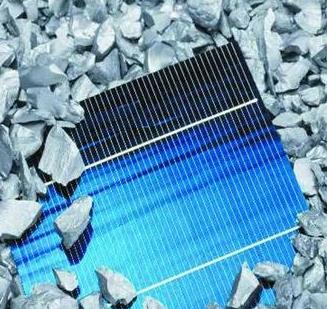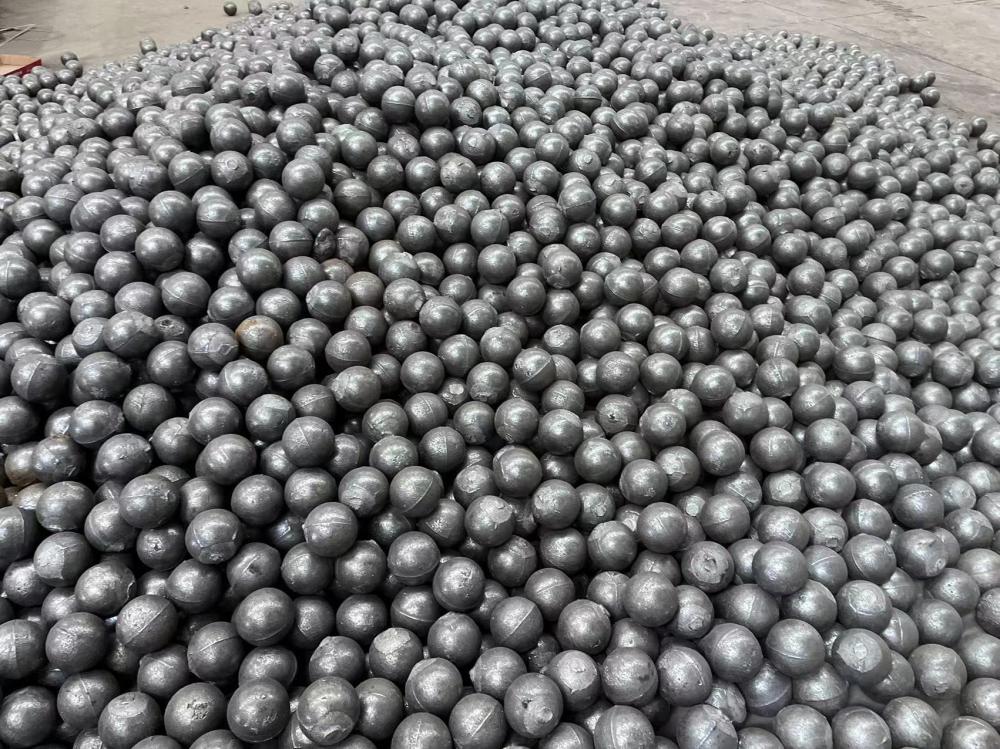Anti-dumping tariff polysilicon prices or increase
 China is expected to announce the results of its anti-dumping investigation into polysilicon imports from the U.S. and South Korea in the first quarter of next year, which could significantly impact the already volatile polysilicon supply chain. Many solar manufacturers are struggling to predict how the market will react once the final decision is made.
The investigation is likely to result in the imposition of anti-dumping duties ranging from 30% to 50%, or even higher. These tariffs could lead to a sharp rise in domestic polysilicon prices, as import volumes decrease and downstream manufacturers turn to local suppliers for their raw materials.
Currently, the production costs for top-tier Chinese polysilicon companies are between $18 to $20 per kilogram. During the initial phase of the investigation, spot prices briefly surpassed $20/kg. However, major producers have stated that they won’t raise prices immediately based on the findings, aiming to maintain the competitiveness of downstream solar firms. They believe keeping prices low will help eliminate less efficient players from the market.
Despite this, polysilicon prices have continued to decline, falling below production costs in some cases. This has forced certain producers to scale back operations. Once the final ruling is announced, leading companies may push prices upward again. China Solar Materials, for instance, predicts that prices could rise to $18–$20/kg—up by 20% to 30% from current levels.
However, some solar manufacturers are concerned about a significant price hike, as it could encourage secondary and tertiary producers—those with higher production costs around $30/kg—to resume operations, potentially flooding the market and destabilizing prices again.
Meanwhile, the restrictions in the Chinese market may create an oversupply of polysilicon in non-Chinese regions, leading to further price declines there. At the same time, integrated solar energy manufacturers in China continue to face trade barriers when trying to enter the U.S. market, and similar challenges may arise in Europe.
Some companies, like Continental Solar, have been supplying OEM orders to Taiwanese manufacturers. Chinese domestic solar firms are also pushing for direct shipments of raw materials to Taiwanese solar cell companies, with finished wafers then being sent back to China for module assembly. This complex supply chain highlights the ongoing efforts to navigate global trade dynamics and maintain cost efficiency.
China is expected to announce the results of its anti-dumping investigation into polysilicon imports from the U.S. and South Korea in the first quarter of next year, which could significantly impact the already volatile polysilicon supply chain. Many solar manufacturers are struggling to predict how the market will react once the final decision is made.
The investigation is likely to result in the imposition of anti-dumping duties ranging from 30% to 50%, or even higher. These tariffs could lead to a sharp rise in domestic polysilicon prices, as import volumes decrease and downstream manufacturers turn to local suppliers for their raw materials.
Currently, the production costs for top-tier Chinese polysilicon companies are between $18 to $20 per kilogram. During the initial phase of the investigation, spot prices briefly surpassed $20/kg. However, major producers have stated that they won’t raise prices immediately based on the findings, aiming to maintain the competitiveness of downstream solar firms. They believe keeping prices low will help eliminate less efficient players from the market.
Despite this, polysilicon prices have continued to decline, falling below production costs in some cases. This has forced certain producers to scale back operations. Once the final ruling is announced, leading companies may push prices upward again. China Solar Materials, for instance, predicts that prices could rise to $18–$20/kg—up by 20% to 30% from current levels.
However, some solar manufacturers are concerned about a significant price hike, as it could encourage secondary and tertiary producers—those with higher production costs around $30/kg—to resume operations, potentially flooding the market and destabilizing prices again.
Meanwhile, the restrictions in the Chinese market may create an oversupply of polysilicon in non-Chinese regions, leading to further price declines there. At the same time, integrated solar energy manufacturers in China continue to face trade barriers when trying to enter the U.S. market, and similar challenges may arise in Europe.
Some companies, like Continental Solar, have been supplying OEM orders to Taiwanese manufacturers. Chinese domestic solar firms are also pushing for direct shipments of raw materials to Taiwanese solar cell companies, with finished wafers then being sent back to China for module assembly. This complex supply chain highlights the ongoing efforts to navigate global trade dynamics and maintain cost efficiency.The high chromium wear-resistant alloy steel balls produced by our company have the following advantages:
1. With extremely high hardness, usually between 60-66 HRC, it can effectively resist wear and grinding and extend service life.
2. Excellent wear resistance, able to maintain stable performance during high-speed grinding and grinding, reducing the risk of wear and fracture.
3. It has good impact resistance and can withstand greater impact force and is not easy to break during high-speed grinding and grinding.
4. It has good corrosion resistance, can maintain stable performance in wet and corrosive environment, and is not easy to rust and corrosion.
5. Can maintain stable performance in high temperature environment, not easy to deform and soften, suitable for high temperature grinding and grinding process.
6. The wear rate of the steel ball is low, which can reduce the loss of abrasives and materials and improve the grinding and grinding efficiency.

Chromium Oxide Abrasive,Alloy Steel Ball,Tempered Alloy Steel Balls,Wear Parts Steel Ball
Xuzhou Surun wear-resistant material Co., LTD , https://www.suruntools.com